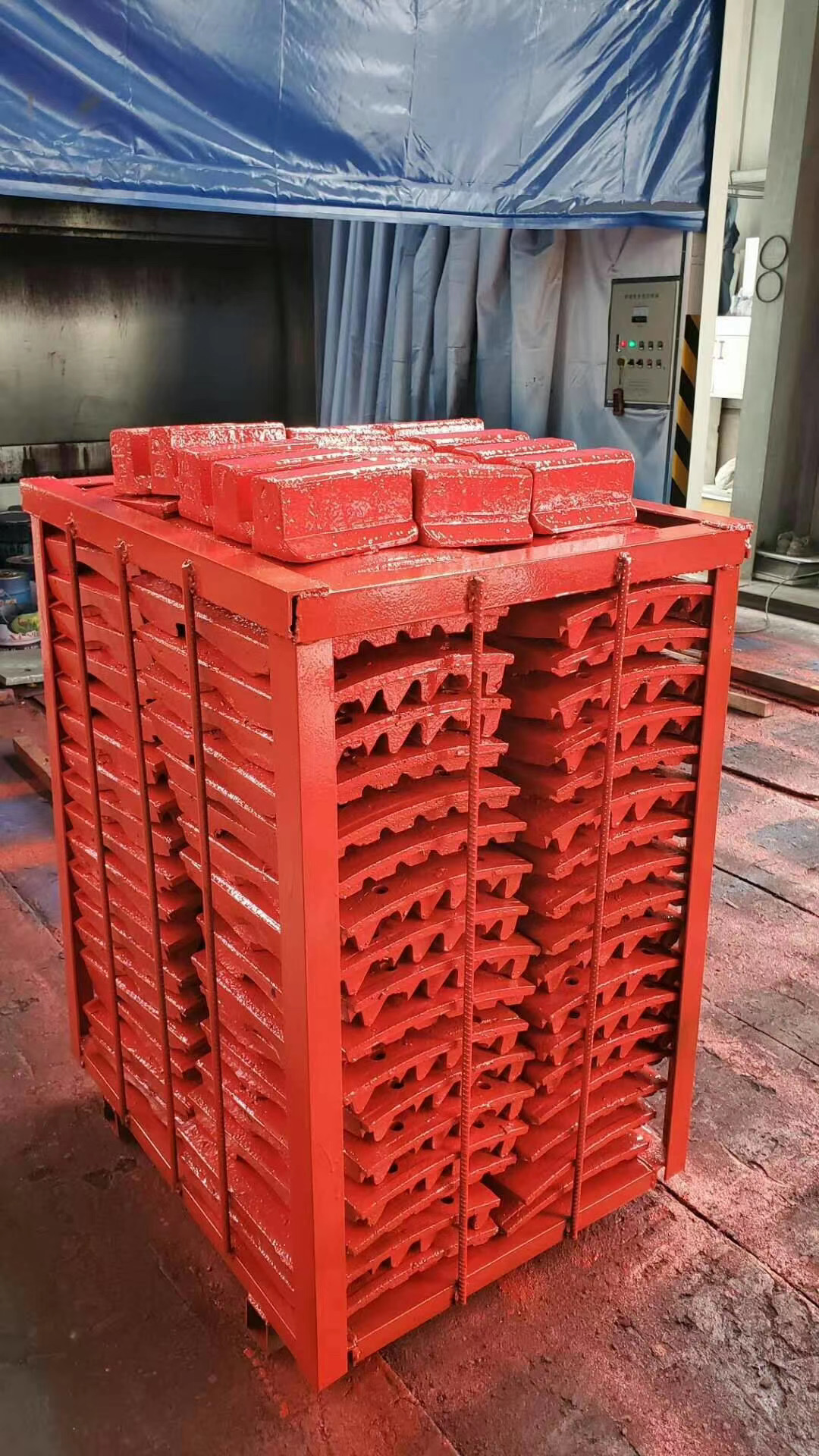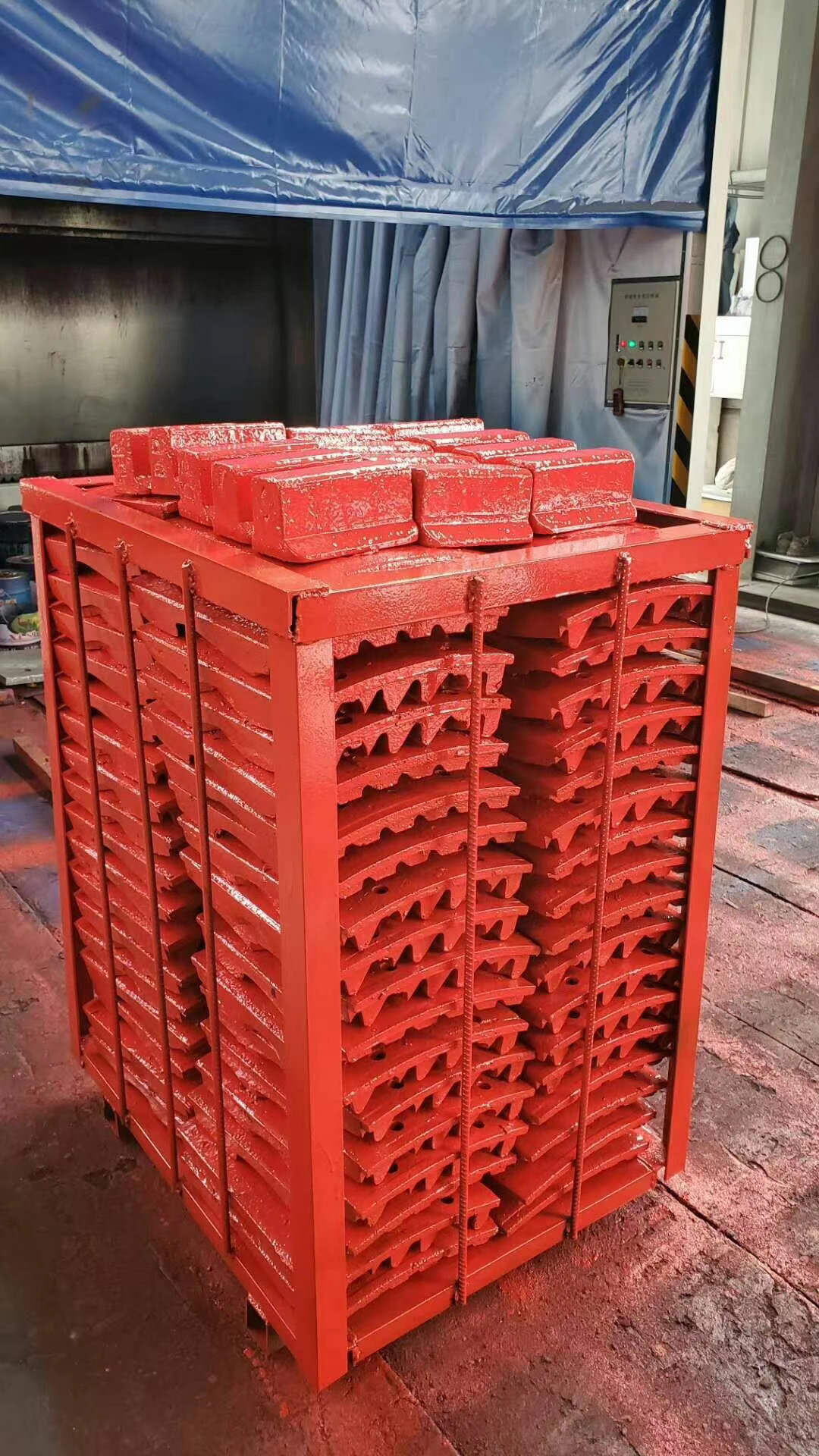Introduction
Cast iron has been a cornerstone of industrial manufacturing for centuries, with its unique properties making it indispensable in various sectors. Cast iron plates are a critical component in modern engineering, offering a blend of durability, cost-effectiveness, and versatility. This article delves into the technical specifications, advantages, and applications of cast iron plates, as well as the expertise of Hebei Mingda International Trading Company, a leader in precision machining and casting solutions.

Product Overview
Cast iron is an iron-carbon alloy with a carbon content exceeding 2.11%, typically ranging between 2.5% and 4%. This composition, along with the presence of silicon and other trace elements, gives cast iron its distinctive mechanical and thermal properties. The cast iron plate is a specialized form of this material, engineered for precision applications in industries such as automotive, construction, and machinery.
Hebei Mingda International Trading Company specializes in producing cast iron plates using advanced manufacturing techniques. Their services include CNC machining, sand casting, lost foam casting, and vacuum molding, ensuring that the final product meets stringent quality standards. The company’s expertise in handling materials like ductile iron, gray iron, and stainless steel further enhances the versatility of their offerings.

Technical Specifications
| Parameter | Details |
|---|---|
| Material Composition | Iron, Carbon (2.5–4%), Silicon, Manganese, Sulfur, Phosphorus |
| Carbon Content | Exceeds 2.11% (typically 2.5–4%) |
| Types of Cast Iron | White, Gray, Ductile (Nodular), Malleable, and Alloy Cast Iron |
| Hardness | Varies by type (e.g., 150–300 HB for gray cast iron) |
| Thermal Conductivity | Approx. 50–70 W/m·K |
| Applications | Valves, Hydrants, Pumps, Railway Components, Machinery Parts |
The cast iron plate is categorized into several types based on carbon form and graphite morphology:
- White Cast Iron: Carbon exists as cementite, resulting in a hard, brittle structure. Used primarily as a raw material for steelmaking.
- Gray Cast Iron: Carbon forms flake graphite, providing good machinability and damping properties. Common in engine blocks and machine bases.
- Ductile (Nodular) Cast Iron: Spherical graphite structure enhances toughness and strength. Ideal for high-stress applications like automotive components.
- Malleable Cast Iron: Annealed white cast iron with flocculent graphite, offering a balance of strength and ductility.
Advantages of Cast Iron Plates
Cast iron plates are preferred in industrial applications due to their unique advantages:
- Durability: Cast iron exhibits excellent wear resistance and longevity, making it suitable for heavy-duty environments.
- Cost-Effectiveness: The material’s low production cost and high recyclability make it an economical choice for large-scale manufacturing.
- Thermal Stability: Cast iron maintains its structural integrity under high temperatures, a critical factor in engine and furnace components.
- Design Flexibility: The casting process allows for complex shapes and intricate designs, catering to diverse engineering needs.
- Corrosion Resistance: Certain alloys, like stainless steel cast iron, offer enhanced resistance to oxidation and chemical degradation.
Hebei Mingda International Trading Company leverages its 16 years of experience in casting to ensure that cast iron plates meet precise dimensional tolerances and surface finish requirements. Their state-of-the-art facilities and quality control processes guarantee consistency and reliability.
Applications in Industry
The versatility of cast iron plates makes them integral to various sectors:
- Valves and Hydrants: Ductile and gray cast iron are used for water control systems, offering durability and resistance to pressure fluctuations.
- Pumps and Compressors: Cast iron’s vibration-damping properties reduce wear and tear in fluid-handling equipment.
- Railway Components: Cast iron plates are employed in train bogies, brake systems, and other critical parts due to their strength and heat resistance.
- Automotive Industry: Engine blocks, cylinder heads, and transmission cases often utilize cast iron for its thermal management and structural stability.
- Construction Machinery: Heavy-duty equipment like excavators and bulldozers relies on cast iron components for their robustness.
Hebei Mingda’s expertise in producing cast iron plates for specialized applications, such as china blind plate and china flange plate, underscores their commitment to meeting global demand. Their ability to handle both raw castings and finished machined parts ensures seamless integration into customers’ production workflows.
Company Background: Hebei Mingda International Trading Company
Founded in 2008, Hebei Mingda International Trading Company has established itself as a trusted name in the casting and machining industry. With over 16 years of experience, the company specializes in producing cast iron plates, forgings, and precision-machined components for domestic and international markets.
The company’s production capabilities include:
- Raw Castings: Ductile iron, gray iron, brass, stainless steel, and aluminum.
- Secondary Processing: Surface grinding, CNC machining, and sub-assembly services.
- Advanced Techniques: Resin sand casting, sand molding, lost-wax, and lost-foam methods.
Hebei Mingda’s dedication to quality is evident in their rigorous testing procedures and continuous improvement of production crafts. Their focus on hot plate cast iron and other specialized products has earned them a reputation for reliability and innovation.
Conclusion
Cast iron plates remain a vital material in modern engineering, combining strength, affordability, and adaptability. Hebei Mingda International Trading Company’s expertise in precision machining and casting ensures that their cast iron plates meet the highest standards of quality and performance. Whether for industrial machinery, automotive applications, or infrastructure projects, their solutions are designed to exceed expectations.
For more information about cast iron plates and Hebei Mingda’s services, visit their official website.
References
While direct references from NIST could not be retrieved due to the URL scraping error, the technical details provided align with standard industry practices and material science principles. For further reading on casting technologies, refer to authoritative sources such as the National Institute of Standards and Technology and metallurgical engineering journals.
Hebei Mingda International Trading Company is a trading company which is specialized in castings, ODM Ductile Iron Manhole Cover forgings and machinery parts.Our products include all kinds of raw castings to be made of ductile iron , grey iron , brass , stainless steel and aluminums, machined castings and forged parts .ODM Ductile Iron Covers To make these parts according to the customers’Custom Iron Casting drawings , we have relative suitable production craft and equipments, such as resin sand , sand mould , hot core boxes , lost-wax , lost –foam and so on Iron Casting Manufacturer Custom.Specially for hydrant bodies and valves’Ductile Iron Manhole Cover Manufacturer bodies, we have collected rich experience for these products in the past 16 year’s actual production, Now we are proud of our products with good surface and high quality material. Iron Casting ManufacturerWhatever,we have been trying our best to provide our customers with better quality castings by improving production crafts and more careful quality control.Cast Iron Castings Manufacturer|super blog